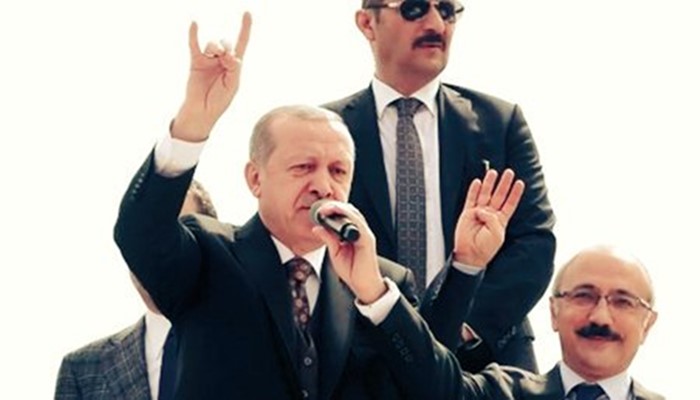In any democracy, when the ruling party begins to falter—economically, politically, or morally—it opens a window for political renewal. New parties arise, or existing ones evolve to meet the moment. Nowhere is this truer than on the center-right, which has long served as the axis of Turkish electoral politics. And yet, in today’s Turkey, despite widespread discontent, no viable center-right alternative is gaining momentum. This is not a natural political development—it is the result of authoritarian design.
Recent polling confirms what many already sense: the political system is paralyzed. In a nationwide ASAL survey across 26 provinces, the largest bloc wasn’t CHP or AKP—but the undecided, sitting at a staggering 37.9%. That’s higher than the support for any single party. When these undecided voters are proportionally distributed, the opposition CHP and ruling AKP are neck and neck at 31.6% and 30.9%, respectively. But more telling than the numbers is the silence: where is the new energy? Why has no center-right party emerged to capitalize on this massive political vacuum?
In a functioning democratic system, this would be the moment for political reinvention. In the 1980s, after the coup dismantled the old order, Turgut Özal’s Motherland Party (ANAP) filled the gap with a vision that married liberal economics with conservative values. In the late 1990s and early 2000s, the collapse of coalition governments and public frustration birthed the AKP itself. Even marginal movements like Cem Uzan’s Genç Parti briefly surged by tapping into anti-establishment sentiment. Turkey’s electorate has never lacked the will for change—until now.
What we are witnessing today is not the absence of political appetite, but the collapse of political possibility. The undecided are not confused; they are hopeless. They know that no matter who they vote for, the system will not allow real change. The authoritarian grip on Turkey’s institutions—its media, judiciary, electoral council, and security forces—has created a climate in which launching or supporting a new political alternative is not only futile, but dangerous.
This is why promising center-right figures like Ali Babacan and Ahmet Davutoğlu, despite their credentials, have failed to gain momentum. It’s not a matter of charisma or policy—it’s the chilling effect of a regime that punishes deviation and rewards loyalty. Voters recognize this. They are not simply undecided; they are politically paralyzed.
And yet, if Turkey were to shift away from authoritarianism—even slightly—the vacuum at the center-right could be filled rapidly and dramatically. A figure like Selçuk Bayraktar, who enjoys widespread recognition, a technocratic reputation, and strong associations with national pride through his leadership in the defense industry, could easily spearhead such a political movement. Under freer conditions, Bayraktar could catalyze a new generation of conservative, moderately nationalist voters looking for a post-Erdoğan future—one that retains national strength but restores rule of law and economic pragmatism.
In fact, even within the existing political structure, a transition to Bayraktar’s leadership at the helm of the AKP could sustain center-right dominance for years—perhaps decades—to come. His image as a competent, untainted technocrat allows him to transcend internal factionalism, while appealing to undecided voters who remain conservative at heart but are weary of Erdoğan’s authoritarianism. For those seeking continuity without corruption, and strength without chaos, Bayraktar represents a politically viable bridge.
In another political climate, he might already be leading a political formation commanding double-digit support or steering the AKP into a post-Erdoğan rebranding. But in today’s system, even a potential candidacy like his remains suspended—hovering between admiration and uncertainty, potential and constraint.
The surge in undecided voters is not a glitch in the data; it is a national diagnosis. It signals a society that no longer sees elections as vehicles of change, but as mechanisms of entrapment. And this, more than any other indicator, exposes the authoritarian reality we live in.
Unless the political playing field is reopened—unless the fear is lifted and real competition restored—no amount of dissatisfaction will translate into transformation. The center-right won’t rise again in Turkey because its natural space has been deliberately buried under a mountain of repression.
Turkish voters have not stopped caring about the future. But they have stopped believing they have a say in it. And until that changes, no new center—no Bayraktar, no ‘new’ Özal, no alternative—can rise to meet the moment.
By: News About Turkey (NAT)



